The remarkable resilience of the Russian oil and gas industry to the challenges posed by the outbreak of the conflict in Ukraine is once again demonstrated by the business results of Lukoil, the country's leading private energy company.
However, in the context of the largest land war in Europe since World War II that is constantly "breathing hot air" and the determination of EU member states to "detox" from Russian energy, Lukoil cannot avoid "bad luck".
Business results
Russia's largest private oil company recently announced consolidated financial results for 2023, with revenue of more than 7.9 trillion rubles ($88 billion) and net profit of 1.16 trillion rubles ($12.5 billion), Upstream Online reported on March 14.
According to Upstream Online, in the context of the "rain" of Western sanctions targeting the Russian oil and gas industry in particular and the Russian economy in general, Lukoil has chosen not to disclose its financial results for 2022 - the year Russian President Vladimir Putin ordered the invasion of neighboring Ukraine, citing that this could go against the company's interests.
While it is unclear how Lukoil will fare in 2022, the company has been steadily expanding its refining capacity and increasing retail sales of petroleum products in the same year. And before the conflict, the Russian oil giant had recorded revenue of 9.4 trillion rubles ($101.6 billion) and net profit of 773 billion rubles ($8.3 billion) in 2021.
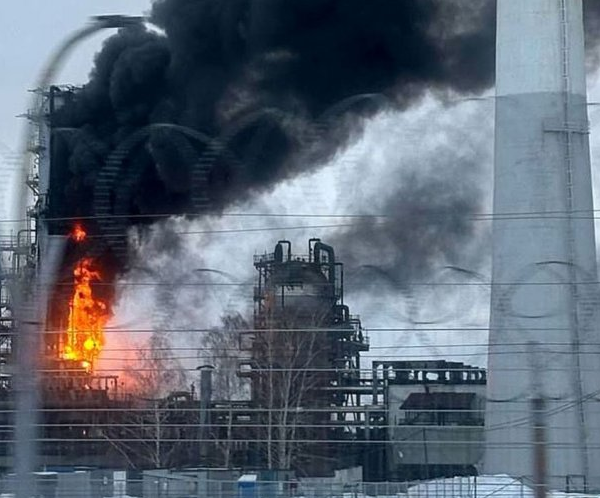
A Lukoil fuel station in Brussels, Belgium, April 1, 2022. Lukoil is Russia's second-largest oil producer. Photo: Getty Images
International sanctions aimed at cutting off Russian producers' access to Western financial institutions and their services have significantly increased Lukoil's borrowing costs, the oil group's summary financial report acknowledged.
According to Russian Deputy Prime Minister Alexander Novak, who is also responsible for the country’s energy sector, an estimated 90% of Russia’s oil exports last year went to India and China – a reversal of the pre-conflict trend. Before the war in Ukraine broke out, Russia’s oil exports to the two Asian nations of billions of people were negligible.
In the case of Lukoil, it seems that major changes in Russian oil transportation routes have not affected the company's ability to market oil and finished petroleum products.
In its report, Lukoil said it had unsold oil and product reserves worth about 489 billion rubles ($5.3 billion) at the end of 2023 compared with oil and product reserves totaling 416 billion rubles ($4.5 billion) a year earlier.
Last year, Lukoil also had to comply with the Russian government 's order to ban the export of oil products for nearly two months in the fourth quarter of 2023.
Chain of "bad luck"
However, the Russian oil giant started 2024 with a series of “bad news”. In Bulgaria, the Neftohim refinery owned by Lukoil on the Black Sea was “scrubbed” by local authorities on New Year's Day.
According to Bulgarian Customs, the surprise inspection, which Russia called a “raid,” was carried out on January 1 targeting the Neftohim refinery and more than 50 warehouses related to the oil industry, to take inventory of the amount of crude oil imported into this EU-NATO member state from Russia and all petroleum products produced from this raw material.
Lawmakers in Bulgaria – a country with close historical and economic ties to Moscow – have agreed to completely eliminate Russian oil from the country's energy mix ahead of schedule.
For its part, Lukoil said it would begin working with international consultants to review its business strategy in Bulgaria, including the possible sale of assets in the country. Lukoil's vast holdings in the Southeast European country include more than 220 gas stations, nine oil depots and various businesses focused on refueling ships and aircraft.
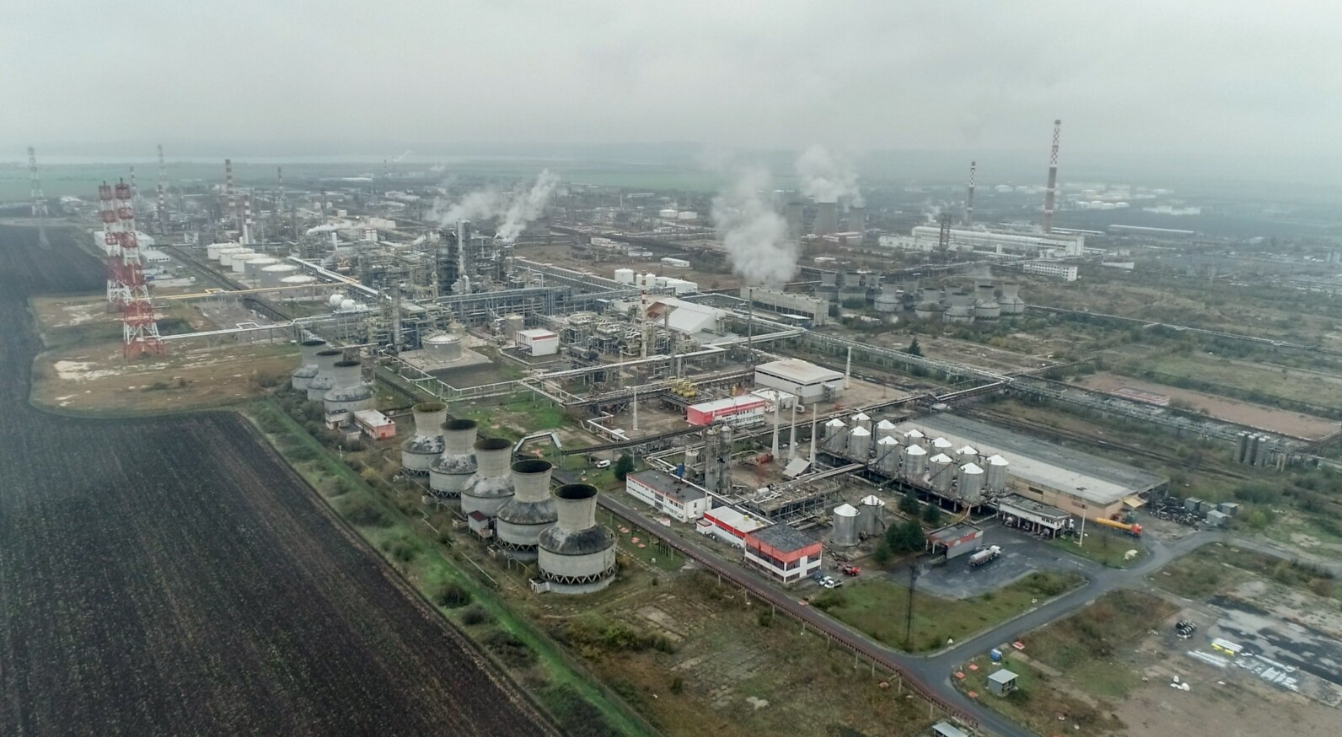
Neftohim Burgas in Bulgaria, owned by Russia's Lukoil, is the largest oil refinery in Southeast Europe. Photo: RFE/RL
In Russia, “bad luck” has also dogged Lukoil since the beginning of the year. Lukoil operates four modern oil refineries in Russia, including one of the country’s largest, called Norsi in Nizhniy Novgorod, in the Nizhegorod region in the west of the country.
When the Norsi refinery on the Volga River abruptly cut operations in January, Lukoil offered little explanation. According to Interfax, Lukoil had halted gasoline exports at the time and was trying to reach agreements with other oil companies to help offset the supply of about 200,000 tons of high-octane gasoline in January and February.
After the March 12 explosion, local authorities this time admitted that unmanned aerial vehicles (also known as drones or UAVs) bombed Norsi, which produces 11% of Russia's petroleum.
Ukraine is believed to be behind the attack by three drones on the core oil processing unit at Norsi earlier this week, knocking out about a third of its nominal crude processing capacity (more than 340,000 barrels per day), according to the Moscow-based Kommersant newspaper.
Leading Russian oil industry analyst Mikhail Krutikhin said that if Ukraine continues to step up drone attacks on Russian refineries, Lukoil and other domestic producers will have no choice but to reduce production due to declining processing capacity .
Minh Duc (According to Upstream Online, Oil Price, National News)
Source



![[Photo] Party and State leaders attend the special art program "You are Ho Chi Minh"](https://vphoto.vietnam.vn/thumb/1200x675/vietnam/resource/IMAGE/2025/5/18/6895913f94fd4c51aa4564ab14c3f250)
![[Photo] Many young people patiently lined up under the hot sun to receive a special supplement from Nhan Dan Newspaper.](https://vphoto.vietnam.vn/thumb/1200x675/vietnam/resource/IMAGE/2025/5/18/6f19d322f9364f0ebb6fbfe9377842d3)
![[Photo] Ready for the top competitions of Vietnamese table tennis](https://vphoto.vietnam.vn/thumb/1200x675/vietnam/resource/IMAGE/2025/5/18/9c547c497c5a4ade8f98c8e7d44f5a41)


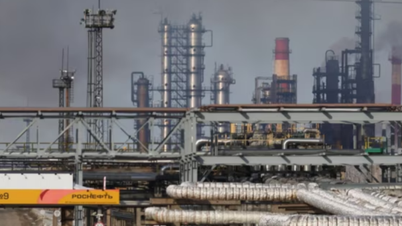
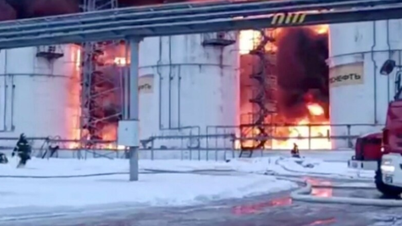
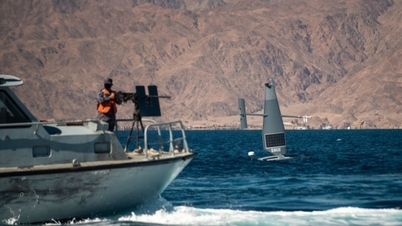







































































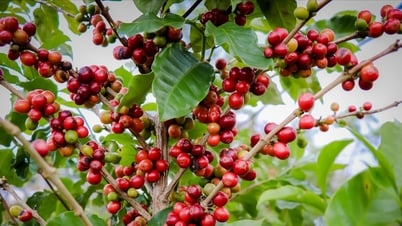

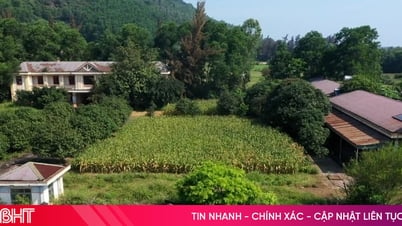











Comment (0)